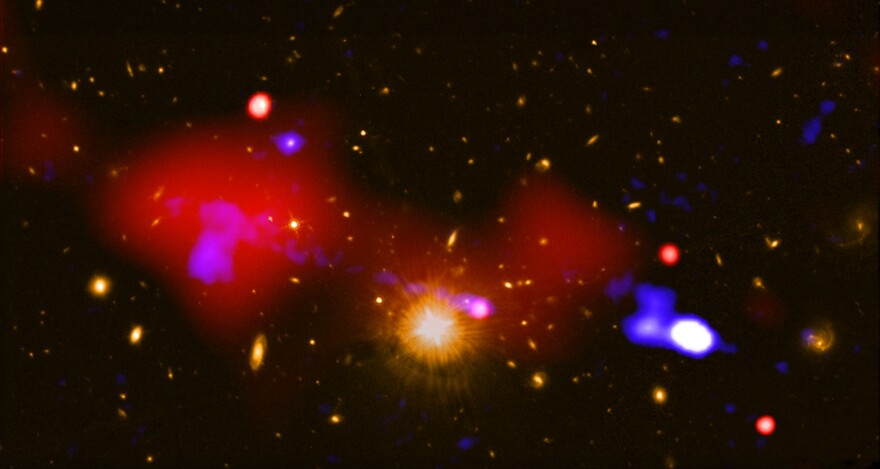“It's known that the universe is expanding; of course it's been known since the 1920s. The surprise we were hit with in the 1990s is that the expansion is accelerating, and so it's a big mystery, what causes that to happen,” Harsh Mathur said.
Mathur is a professor of Physics at Case Western Reserve University, and he’s exploring the mathematics that could explain how the universe accelerates as it expands.
“It's quite challenging, you know, because Einstein's equations work so well in the solar system, so how do you modify them without damaging the fact that they work in the solar system? How do you make them have an effect on the cosmelogical scale?”
Mathur and his collaborators are looking at the idea of a new “fifth” force, one that is shielded in contexts like our solar system, but can be felt on the largest scale of the universe. In part, drawing their inspiration from how the electrostatic force can be shielded by metallic objects.
“We started off by just writing down the equations that describe this fifth force, and they're horribly complicated. And so then we started to look at ways to simplify them. And lo and behold, suddenly it turned into the familiar equations of electrostatics," Mathur said. "We were pleasantly surprised but not entirely surprised either because that is what happens; that is the nature of physics. Nature seems to have a lack of imagination, maybe, or maybe there are only so many equations that really exist. So many phenomena end up being described by the same equation.”




